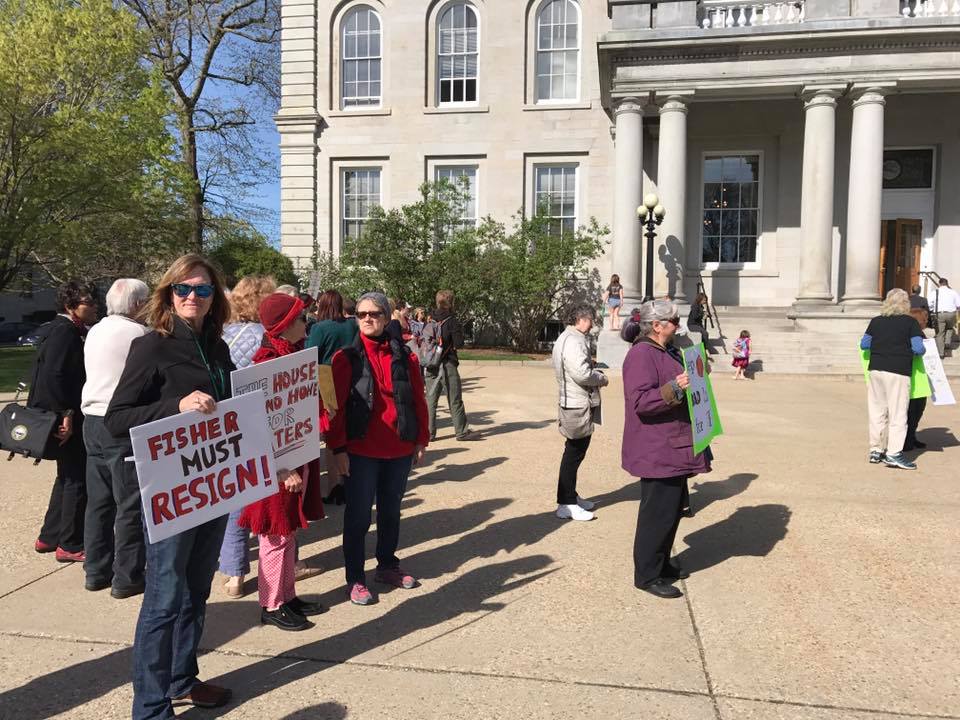Opponents of New Boston Spending Cap Heading to Court

New Boston residents opposed to a two percent spending cap warrant article are going to court to stop voters from being able to decide on the measure. And they have a hearing scheduled for Friday.
A group of pro-spending-hike residents filed a lawsuit this week asking a Hillsborough Superior Court judge to force selectmen to reschedule a canceled deliberative session on the spending cap. Residents Jon-Paul Turek, Robert Belanger, Richard Backus, Dan MacDonald, Keith Prive, Elizabeth Whitman, Eileen Belanger, Marie MacDonald, and William Gould want to be able to change the proposed two percent cap ahead of the Town Election.
State Rep. Keith Ammon (R-New Boston) is backing the spending cap in response to years of rising property taxes in town. He recently told NHJournal opponents want to raise the cap to as much as 50 percent before it goes to voters, making the measure meaningless.
“I don’t think that’s legal,” Ammon said.
The current controversy centers on the Feb. 3 Town Meeting deliberative session where the spending cap proposal was discussed. Both Town Moderator Lee Nyquist and Town Attorney Michael Courtney told people at that meeting the numbers in the two percent spending cap could not be changed under state law.
But the residents opposed to the cap say that’s wrong, and they should have been allowed to change the numbers on Feb. 3.
“The misinformation provided by the Town Moderator and Town Attorney at the deliberative session constitutes a clear procedural defect, as it directly misled voters and deprived them of their legal right to amend (the spending cap,)” the lawsuit states.
After getting stymied at the Feb. 3 meeting, the anti-spending-cap group pushed New Boston’s Board of Selectmen for an emergency deliberative session where they could get their way. But Ammon went to court arguing such a move is illegal. The Selectmen stood down, canceling the planned Feb. 18 session.
Now, residents who want to spend beyond the cap are asking the court to force selectmen to hold the special deliberative session anyway, claiming it is the only way to protect the integrity of Town Meeting.
“The decision to cancel the Special Town Meeting was not an act of prudence but an act of abdication—one that directly harms the registered voters of New Boston by allowing an improperly handled warrant article to proceed to the ballot without correction,” the lawsuit states.
New Boston education spending has been soaring for years. Between 2001 and 2019, the school population grew by 22 percent, but spending jumped by 104 percent. Per pupil spending rose from about $16,000 to more than $27,000 over that same period.
With New Boston’s Town Meeting set for March 11, timing is running short to make any changes. A hearing in the lawsuit is scheduled for Friday in the Hillsborough Superior Court — North in Manchester.








